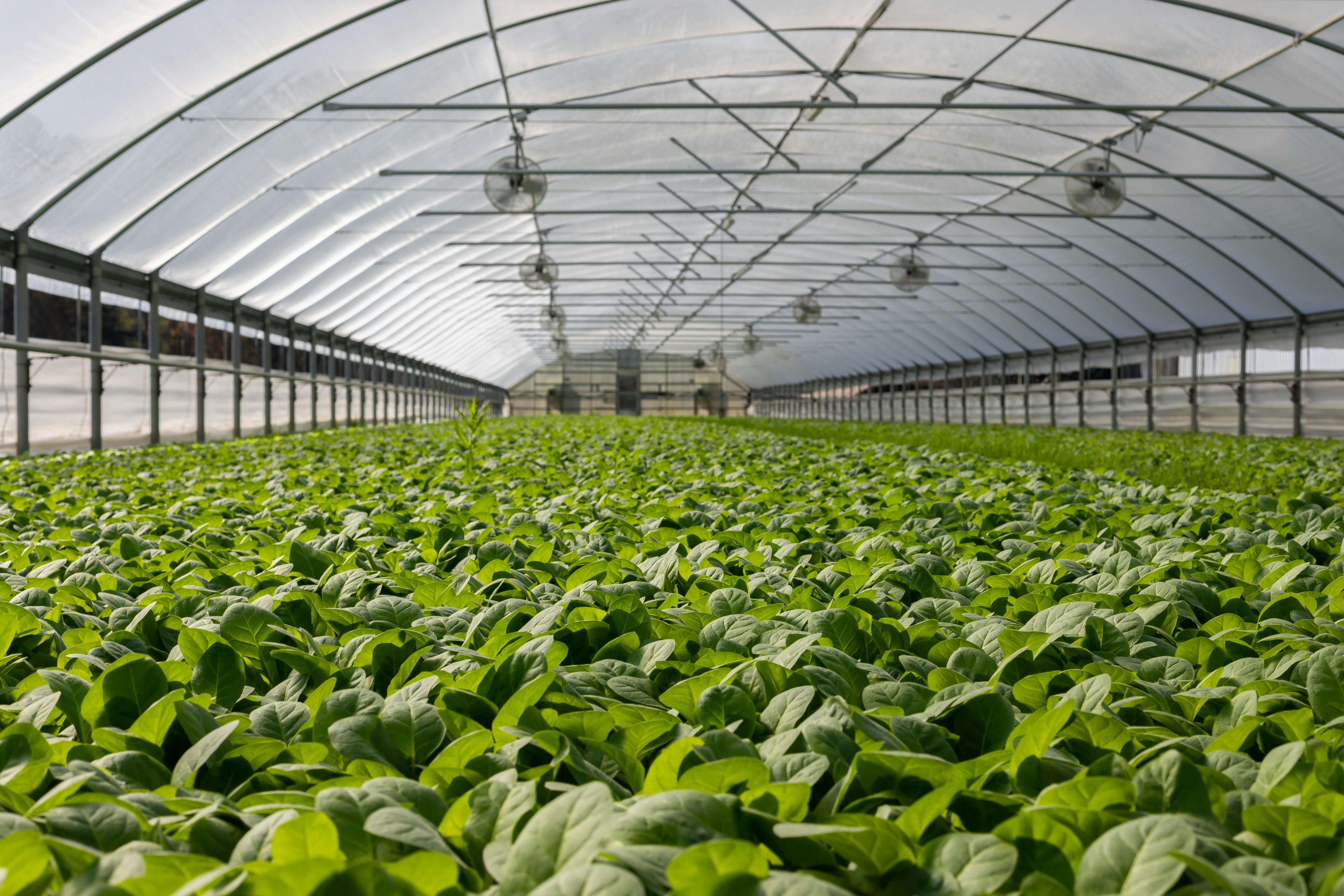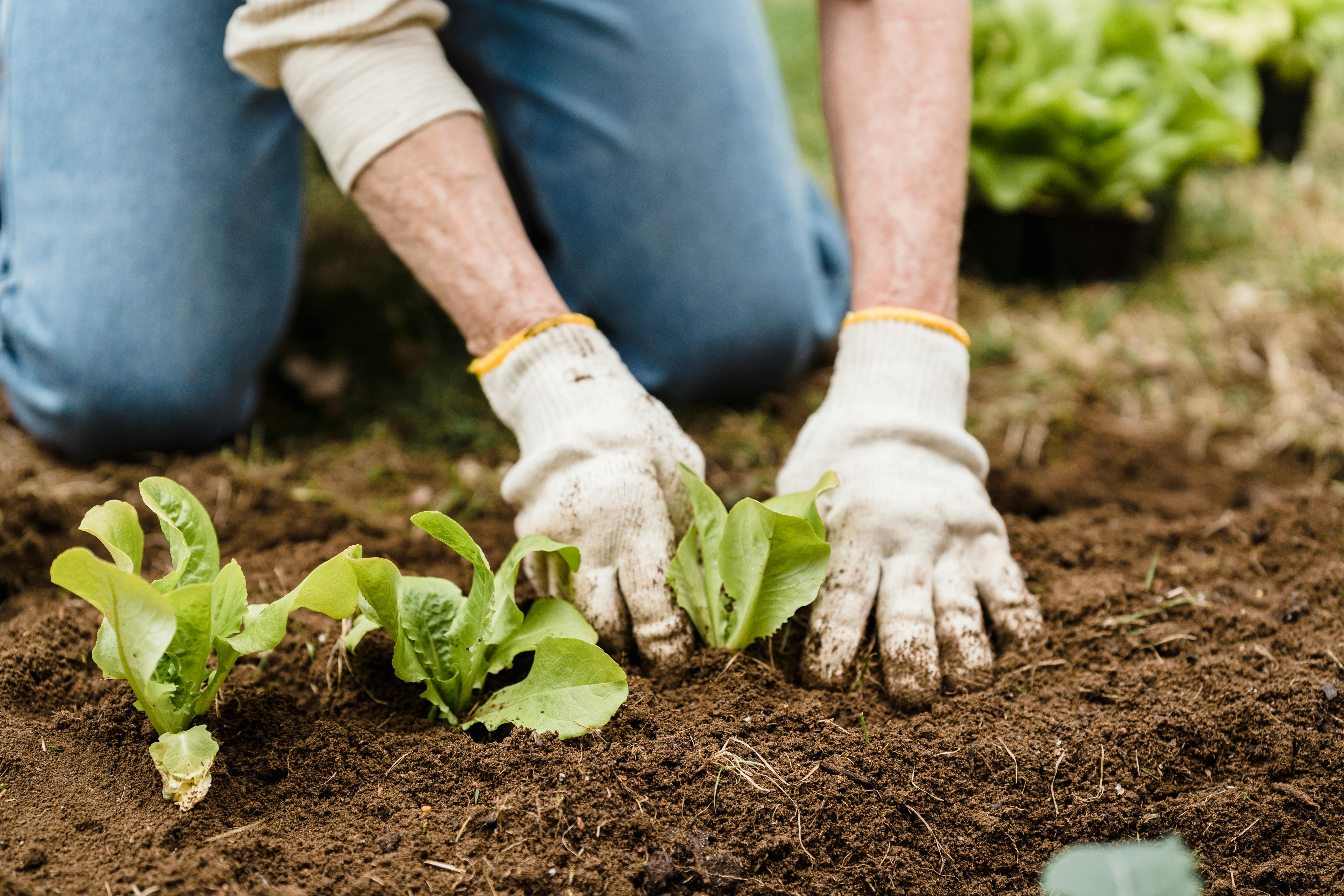Growing a vegetable garden can be a rewarding and enjoyable experience. Whether you are an experienced gardener or just starting out, you will find that the possibilities are virtually endless when it comes to what you can grow in your vegetable garden. From traditional favorites such as tomatoes, peppers, and lettuces, to more exotic choices such as kohlrabi and Jerusalem artichokes, you can create a beautiful and productive garden that is full of fresh produce for your family to enjoy. With some planning and dedication, you can have a thriving vegetable garden in no time!Choosing the right vegetables for your garden is an important part of gardening success. Before planting, consider the climate and soil conditions in your area, as well as the amount of maintenance and care you are willing to provide. When selecting vegetables for your garden, look for ones that are well-suited to your climate and soil type. Also, be sure to choose varieties that will mature in the amount of time you have available for harvesting. Different vegetables have different growing requirements, so be sure to research each one before you plant them. Consider choosing a mix of vegetables that require different amounts of sunlight, water, and
Preparing the Soil
Growing healthy plants and vegetables begins with preparing the soil. First, it is important to remove any existing weeds, rocks and debris from the area. If needed, use a shovel or garden tiller to loosen the soil and break up any clumps. The next step is to add organic material such as compost, manure or peat moss to improve the texture and nutrients of the soil. This can help the soil retain moisture better, making it easier for plants to take in water and nutrients for healthy growth. Finally, spreading a layer of mulch
Planting Seeds or Transplants
Whether you are planting in a garden bed or in containers, you have a choice when it comes to starting your plants — seeds or transplants. Both have advantages and disadvantages, and the best choice for your garden depends on the types of plants you’re growing and your individual circumstances.
Starting with seeds gives you the advantage of being able to choose from a wide range of varieties that may not be available as transplants. It also gives more control over spacing and placement of new plants in your garden. For those with limited
Caring for Your Vegetable Garden
Taking care of your vegetable garden is essential if you want to get the most out of it. Proper maintenance will ensure that your vegetables are healthy and productive. Here are some tips on how to care for your vegetable garden:
Watering: It’s important to keep your vegetables well-watered, especially during hot summer days. Watering in the morning is best because it allows the water to seep into the soil and prevents evaporation. Avoid watering in the evening as this can cause fungal
https://images.pexels.com/photos/2886937/pexels-photo-2886937.jpeg
Watering Your Vegetable Garden
Watering your vegetable garden is an important part of growing healthy, productive plants. Proper watering will help ensure that your vegetables are able to absorb the nutrients they need from the soil and reach their full potential. The amount and frequency of watering will vary depending on the type of vegetables you are growing, climate, and soil type. Knowing when and how much to water can be a challenge for beginner gardeners, but with a few tips, you can master the art of watering your vegetable garden.
<

Fertilizing Your Vegetable Garden
Fertilizing your vegetable garden is an important part of maintaining a healthy and productive garden. It is important to choose the right type of fertilizer for your vegetables, as different vegetables require different types of fertilizers. When selecting a fertilizer, it is important to look at the ingredients listed on the label to make sure they are suitable for the vegetables you are growing. Organic fertilizers are often recommended because they are more sustainable than synthetic fertilizers, but they can be more expensive.
Controlling Weeds in Your Vegetable Garden
Weeds are inevitable in any vegetable garden. Not only do they compete with your vegetables for nutrients and water, but they can also harbor diseases that could harm your plants. Controlling weeds in your vegetable garden is essential for a successful harvest.
The first step to controlling weeds is to create a barrier between the soil and the weeds. A thick layer of mulch, such as shredded leaves or straw, will help suppress weed growth by blocking sunlight and preventing weed seedlings from sprouting. Another
Controlling Insects and Diseases in Your Vegetable Garden
Maintaining a healthy vegetable garden requires keeping pests and diseases under control. Insects and diseases can quickly ruin a garden, so it’s important to be proactive in preventing them from taking over. Here are some tips for controlling insects and diseases in your vegetable garden.
Identifying the Problem
The first step to controlling pests and diseases is accurately identifying the problem. Inspect your plants closely for signs of damage, such as wilting, discoloration,

Conclusion
Gardening is an enjoyable activity that has many benefits and can be tailored to suit any lifestyle. Vegetable gardens are a great way to grow fresh and nutritious produce for your family. When deciding what to grow in your vegetable garden, consider the climate, space, and resources available. Choose vegetables that are well-suited to the conditions in your area and that are easy to care for. Planting a variety of vegetables will ensure you have a steady supply of produce throughout the growing season. With proper planning and care, anyone can have a successful vegetable garden.
